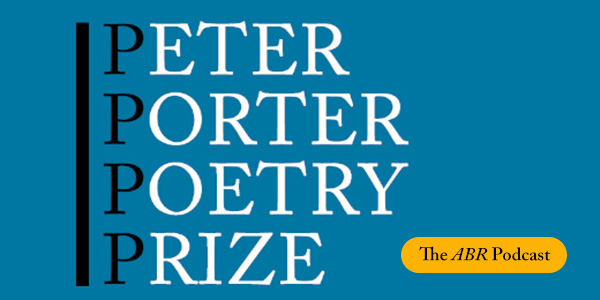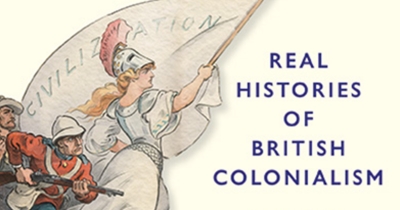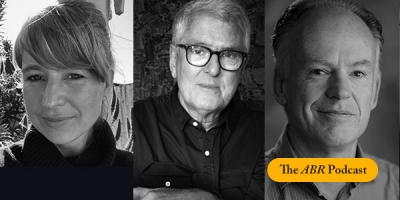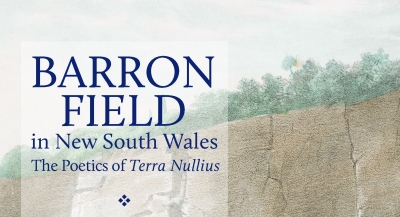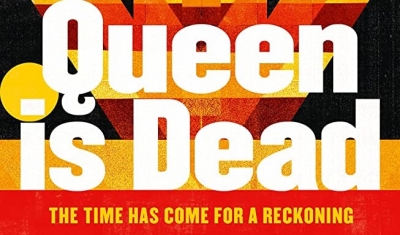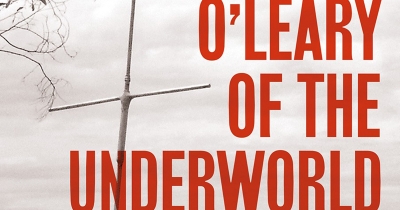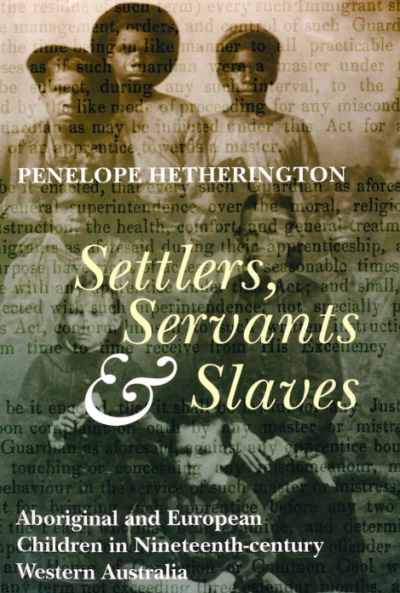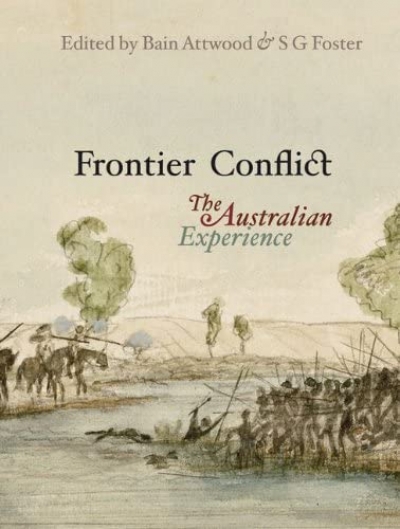Accessibility Tools
- Content scaling 100%
- Font size 100%
- Line height 100%
- Letter spacing 100%
Colonialism
The ABR Podcast
Released every Thursday, the ABR podcast features our finest reviews, poetry, fiction, interviews, and commentary.
Subscribe via iTunes, Stitcher, Google, or Spotify, or search for ‘The ABR Podcast’ on your favourite podcast app.
2025 Peter Porter Poetry Prize Shortlist
Read by the poets
This week on The ABR Podcast we feature the 2025 Peter Porter Prize shortlisted poems, as read by the five poets, published in the January-February issue of ABR.
Recent episodes:
The Truth About Empire: Real histories of British colonialism by Alan Lester
This week, on the ABR podcast, we feature a special conversation between author and journalist David Marr, historian Mark McKenna and ABR’s Georgina Arnott, recorded in the middle of September 2023, one month out from the Voice referendum. The subject was David Marr’s new book, Killing for Country: A family story, which takes the reader to early nineteenth-century New South Wales and follows the bloodshed of invasion as it tracks north. Mark McKenna’s review of Killing for Country is published in the October issue of ABR.
... (read more)
